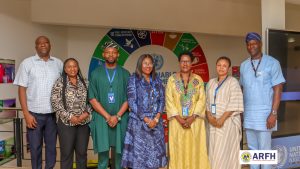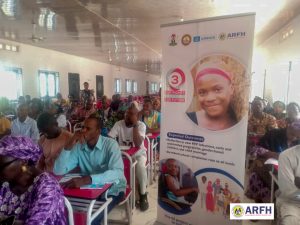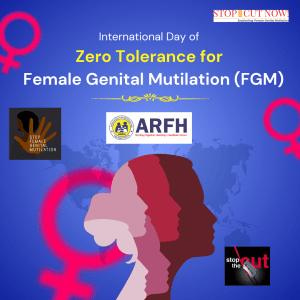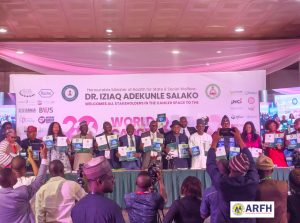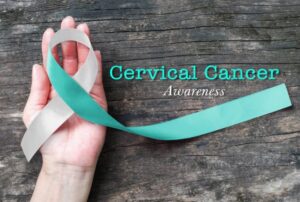 Cervical cancer is a major public health concern, especially in low-and middle-income countries including Nigeria. Yet it remains one of the leading cancers and causes of cancer-related death in women across the world. Cervical Cancer is the second-most common cancer among women globally and breast being the first. An estimated 40 million women aged 15 and above in Nigeria are at risk of developing cervical cancer. Human Papilloma Virus (HPV) is the most common sexually transmitted infection and causes almost 100% of cervical cancer. Evidence has shown that Women Living with HIV and AIDS (WLHIVs) have higher risk of HPV infection and are six times more like to develop cervical cancer at even a younger age.
Cervical cancer is a major public health concern, especially in low-and middle-income countries including Nigeria. Yet it remains one of the leading cancers and causes of cancer-related death in women across the world. Cervical Cancer is the second-most common cancer among women globally and breast being the first. An estimated 40 million women aged 15 and above in Nigeria are at risk of developing cervical cancer. Human Papilloma Virus (HPV) is the most common sexually transmitted infection and causes almost 100% of cervical cancer. Evidence has shown that Women Living with HIV and AIDS (WLHIVs) have higher risk of HPV infection and are six times more like to develop cervical cancer at even a younger age.
The cervical cancer prevention portfolio is one of the thematic areas assigned to ARFH on the ACE-4 project and ARFH staff work collaboratively with other technical teams in the consortium to deliver CECAP activities effectively. ARFH has been instrumental in raising awareness about cervical cancer and its risk factors in various communities of intervention. Besides, ARFH ensures counseling and education on cervical cancer are provided to women of reproductive age at every encounter in the facility about healthy lifestyle choices that can reduce the risk of developing cervical cancer. One of the most important components of cervical cancer prevention programme is screening for pre-cancerous lesion. Graciously, the USAID supported, CCCRN Led ACE- 4 project support screening of WLHIV. ARFH’s team therefore seeks consent to carry out Visual Inspection with Acetic acid (VIA) from eligible WLHIV on the project across 10 facilities in Kwara State and 15 facilities in Niger State. ARFH uses the ‘screen-and-treat approach in which the treatment decision is based on a screening test and treatment is provided soon or immediately after positive screening test. Also with support from USAID through the CCCRN led ACE-4 Project, ARFH plays some roles in the treatment and support of women screened positive for cervical precancerous lesions by providing thermal ablation machines supplied by USAID (8 facilities in Kwara and 15 facilities in Niger) for treatment. This undoubtedly reduces the barriers to cervical precancerous lesions treatment, by ensuring that women have access to the care they need to prevent cervical cancer. This was a major barrier in the past until the support from USAID was received on the CCCRN led ACE-4 Project. Earlier in the year, ARFH with support on the project had trained close to 50 healthcare workers in the facilities where the machines were deployed.
ARFH has line listed more than 4,000 WLHIV and massive screening has commenced and the process is being accelerated to ensure all the line listed 4,000 eligible clients are screened by end of March, 2024 with the hope to reach more than 20,000 by the end of year 2024. The project is also fully set to ensure that all those who are eligible for treatment are treated immediately.

